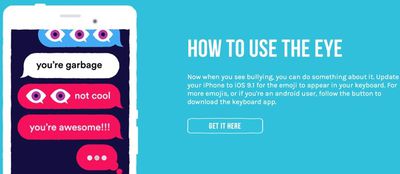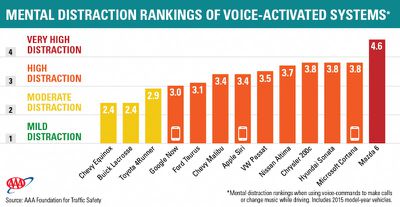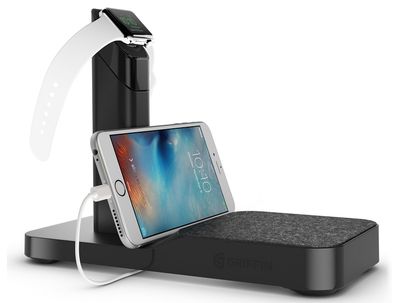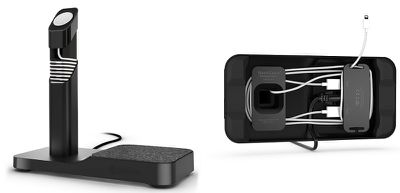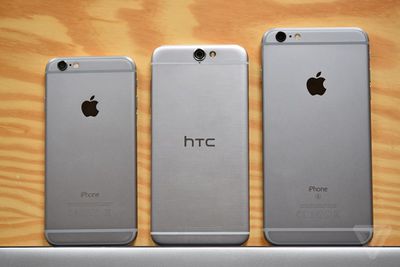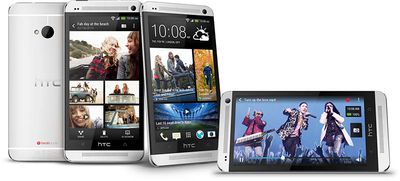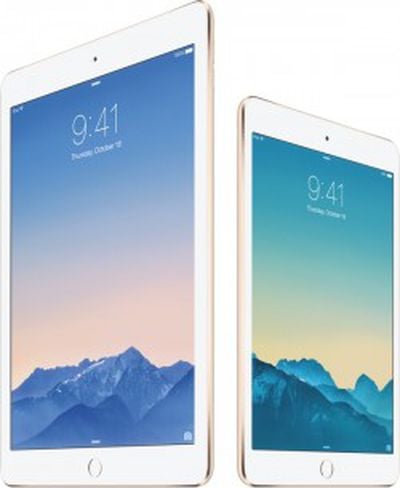Apple has shared three new iPhone 6s television ads called The Camera, Crush and Flip a coin, the latter two starring musician and actor Jamie Foxx. The new ads continue Apple's "the only thing that's changed is everything" campaign, focusing on the improved cameras and hands-free "Hey Siri" functionality on iPhone 6s.
The Camera is a one-minute spot, starring Golden State Warriors guard Stephen Curry, that shows off new iPhone 6s camera features, including 3D Touch, Live Photos, Retina Flash and 4K video recording. It also features 1080p HD slow-mo video recording and groups of people taking selfies using the improved 5-megapixel FaceTime camera.
Crush is a shorter fifteen-second spot where Foxx is getting dressed in front of a mirror and asks, "Hey Siri how do I look," to which Siri responds, "Judging from your voice, I'd say you must be fairly attractive." The focus of the ad is on how Hey Siri allows for hands-free usage of Apple's personal voice assistant on iPhone 6s.
Flip a coin is a similar fifteen-second spot that demonstrates hands-free Siri on iPhone 6s. Foxx is holding two movie scripts in his hand, contemplating which one to choose, before ultimately saying "Hey Siri flip a coin." Siri responds with "Tails" and Foxx says "sci-fi western it is."
Apple has released nearly three dozen ads for the iPhone 6s and Apple Watch over the past few weeks. Foxx starred in a similar iPhone 6s ad for 3D Touch earlier this month, while a series of Apple Watch ads have been released on two occasions focused on Apple Music, Apple Pay, Siri and messaging, fitness, maps and more.


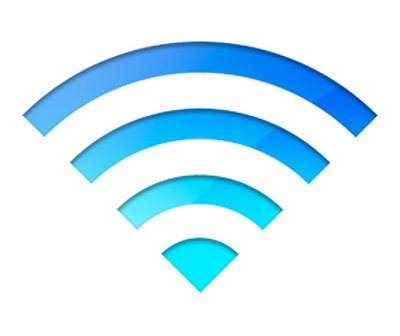 Apple was slapped with a $5 million class action lawsuit over iOS 9's Wi-Fi Assist feature today,
Apple was slapped with a $5 million class action lawsuit over iOS 9's Wi-Fi Assist feature today, 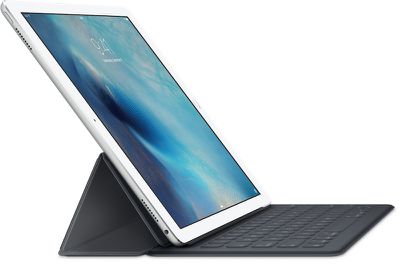
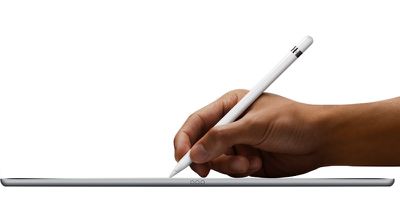

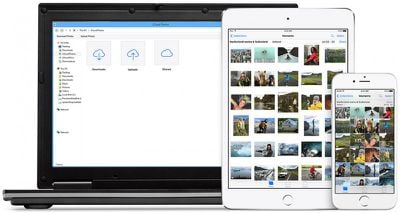
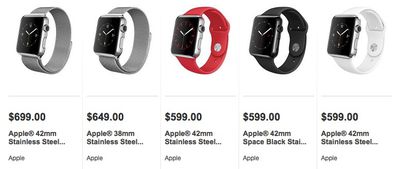
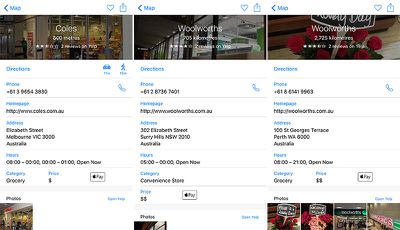
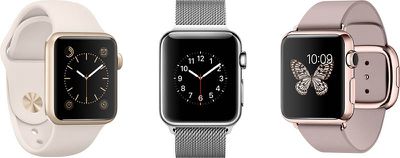
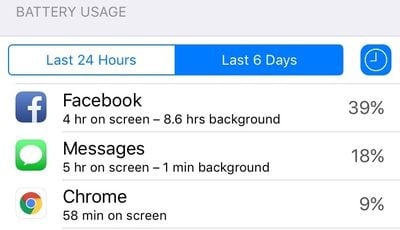
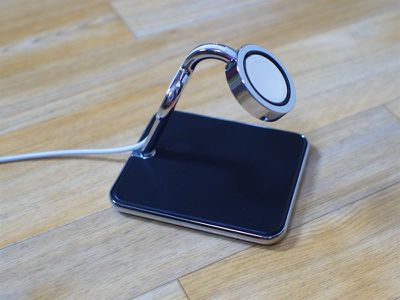
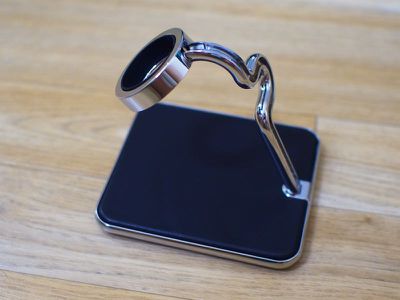
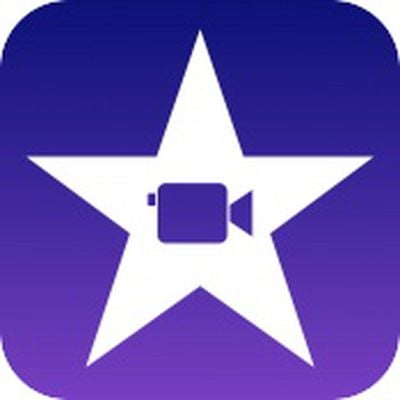 Apple today updated its iMovie app for iOS devices to version 2.2.1, fixing several bugs and adding 4K support for the iPad Air 2 following yesterday's release of iOS 9.1. An iPad Air 2 running iOS 9.1 can now be used to edit and share 4K resolution videos.
Apple today updated its iMovie app for iOS devices to version 2.2.1, fixing several bugs and adding 4K support for the iPad Air 2 following yesterday's release of iOS 9.1. An iPad Air 2 running iOS 9.1 can now be used to edit and share 4K resolution videos.
